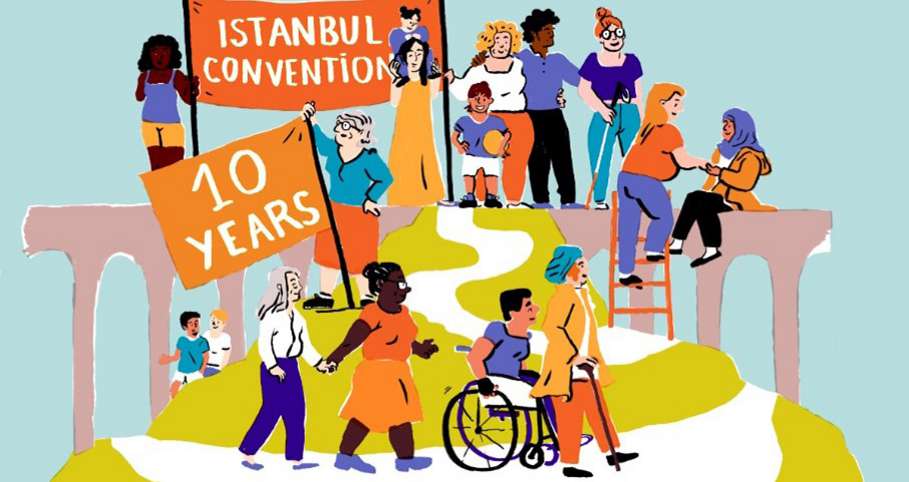Combating Violence against Women and Domestic Violence (GREVIO and the Committee of the Parties)

The Council of Europe Convention on preventing and combating violence against women and domestic violence – known as the Istanbul Convention – is at the core of action to prevent violence, protect victims and prosecute perpetrators. It operates under two main pillars: the Group of independent Experts on Action against Violence against Women and Domestic Violence (GREVIO) and the Committee of the Parties. GREVIO draws up country reports, evaluating legislative and other measures taken by countries. It can initiate a special inquiry to prevent a serious, massive or persistent pattern of any acts of violence covered by the convention. The Committee of the Parties adopts recommendations based on GREVIO evaluation reports and follows up on their implementation.
Co-operation with other international organisations and regional and international mechanisms on women’s rights ensures coherence, efficiency, impact and visibility of results.
GREVIO’s aim is that all NGOs active in preventing and combating violence against women can contribute to the evaluation procedure. At the same time, it is aware that NGO resources are limited and although they may be willing to provide input at the early stages of evaluation they may simply not be in a position to do so.
GREVIO strongly encourages NGOs to work through coalitions, networks or platforms, drawing on the experiences gained from NGO participation in other monitoring mechanisms. This remains one of the most viable ways of sharing NGO resources and expertise, of organising the necessary information flow among NGOs and contributing effectively to GREVIO’s work. It may also help GREVIO establish an on-going dialogue with civil society, including during country visits. Where appropriate, national human rights institutions or NGOs in the countries under evaluation may co-ordinate NGO reporting to GREVIO.
GREVIO is particularly keen to receive information from women’s and grassroots organisations on the practical implementation of the convention, as well as those who work at the intersection of different forms of discrimination that women victims of violence may experience. NGOs consulted by the authorities or otherwise involved in the drawing up of a state report can and should also be heard as independent voices.
NGOs can provide GREVIO with information at any time, before, during or after GREVIO decides to organise an evaluation of a particular country or set a deadline for state reporting.
The Committee of the Parties engages in follow up to GREVIO’s work by issuing recommendations and monitors their implementation. In this context, it welcomes information submitted by NGOs. However, as the Committee only monitors the implementation of the recommendations it issues in respect of each Party as opposed to the entire convention, NGO submissions should focus on the level of implementation of the recommendations by Parties. This is also the point in the evaluation procedure at which NGO submission to the Committee of the Parties can have the highest impact. The information should be provided in one of the official languages of the Council of Europe (English or French).



